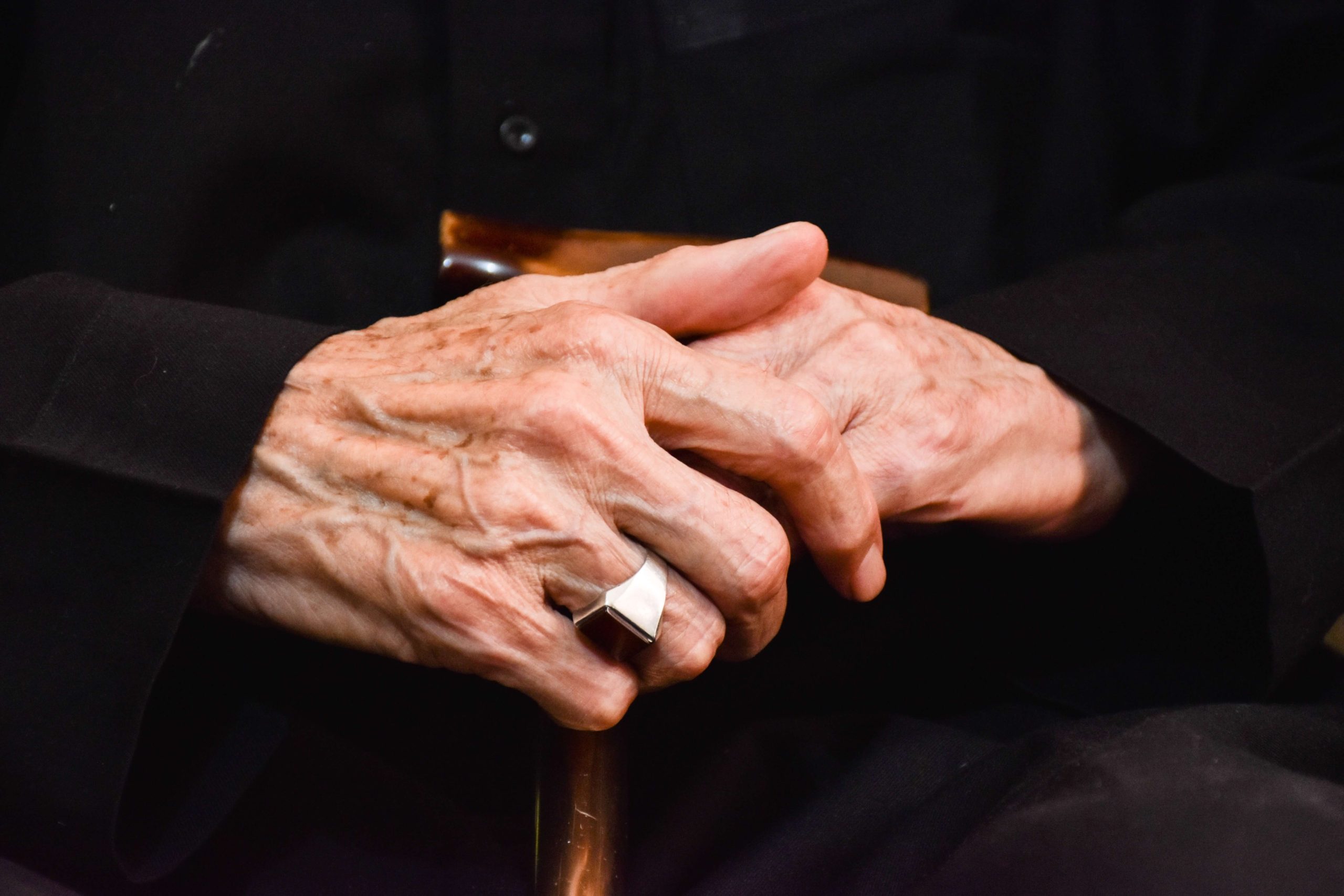No matter the cause of death, it is important for families and individuals to know the custodial process of deceased bodies. This guide is to help families understand this process.
Note that specific laws can differ by state, and it’s important to consult a lawyer for legal advice.
Who has custody of the body immediately following death?
Following death, the deceased’s immediate next of kin usually gets custody of the body, usually their spouse. But, if the spouse does not claim the body or the person was unmarried, the body goes to another relative. The priority for custody usually goes non-minor children, parents, siblings and then other close relatives.
If the deceased passed in a nursing home, the nursing home can contact a funeral to transfer the body. This only occurs if the nursing home does not receive a prompt response from the family.
In cases of dispute, the person with the closest relation to the deceased will be granted custody. In accordance with local law, deceased remains must be released as soon as possible. This time frame is usually within 24 hours. However, familial disputes can delay this process.
Can a family member view the body prior to release?
This depends on the situation. Immediately after death, many hospitals will allow the family to have time with the body. If possible, communicate any rituals, customs, or traditions before a person’s passing.
If a family member is not present at the time of death, coroners will request that a family member view and identify the body. In cases of late-stage decomposition or particularly severe injuries, such as extensive burns or disfigurement, a coroner can use fingerprints or dental records to identify a deceased person.
When and how is a body released?
For release, a medical professional must sign a Pronouncement of Death form. The time and date on this form is the official time of declared death. Besides hospitals and coroners, nursing homes can also fill out the necessary Pronouncement of Death form. If a person passes at home, the 911 operator will send a medical professional to officially declare death.
If the death is a result of an accident, a doctor or coroner will declare a person deceased at a coroner’s office or hospital. A coroner can also release a deceased body. Autopsies can occur if the cause of death cannot be determined. After the completed autopsy, a coroner will release the body.
Some states require family authorization for an autopsy, so it’s important for relatives to immediately identify themselves as soon as possible to expedite the process.
Know your rights
The death of a loved one is devastating. But it’s important to stay informed of the process immediately following death. For additional consultation, reach out to a lawyer for legal advice.




